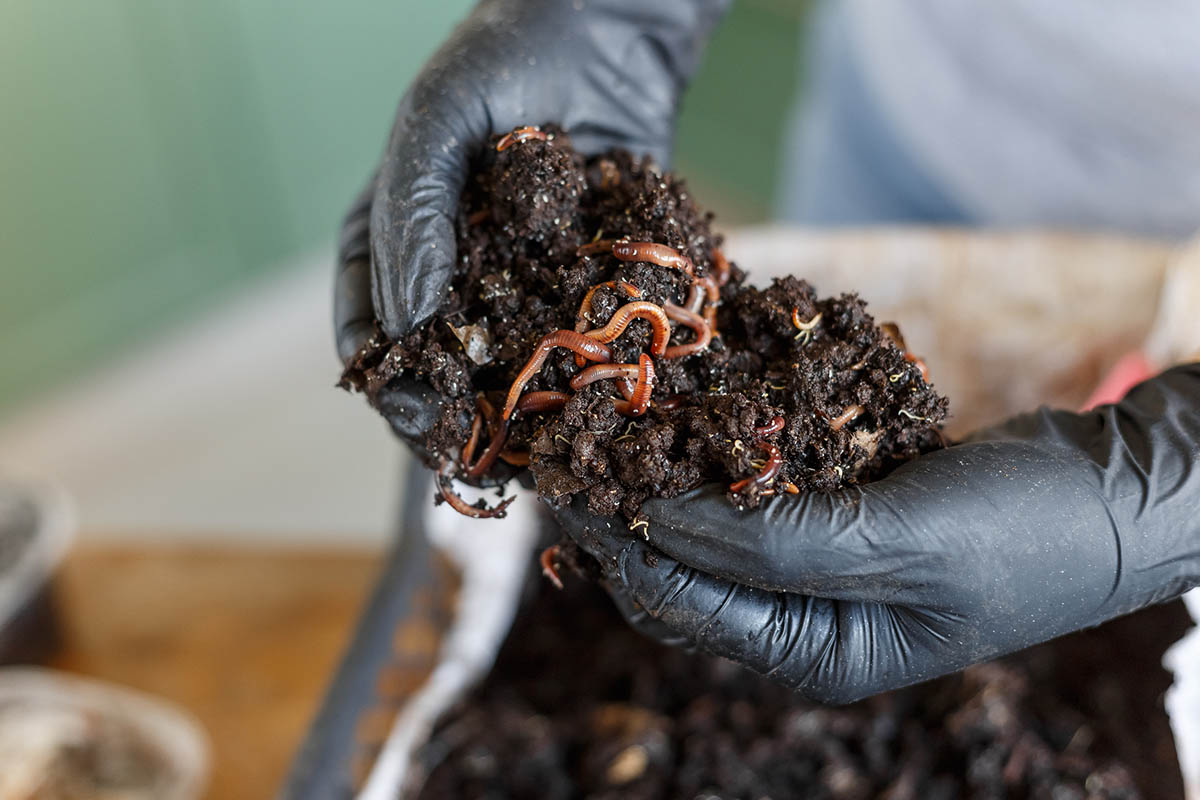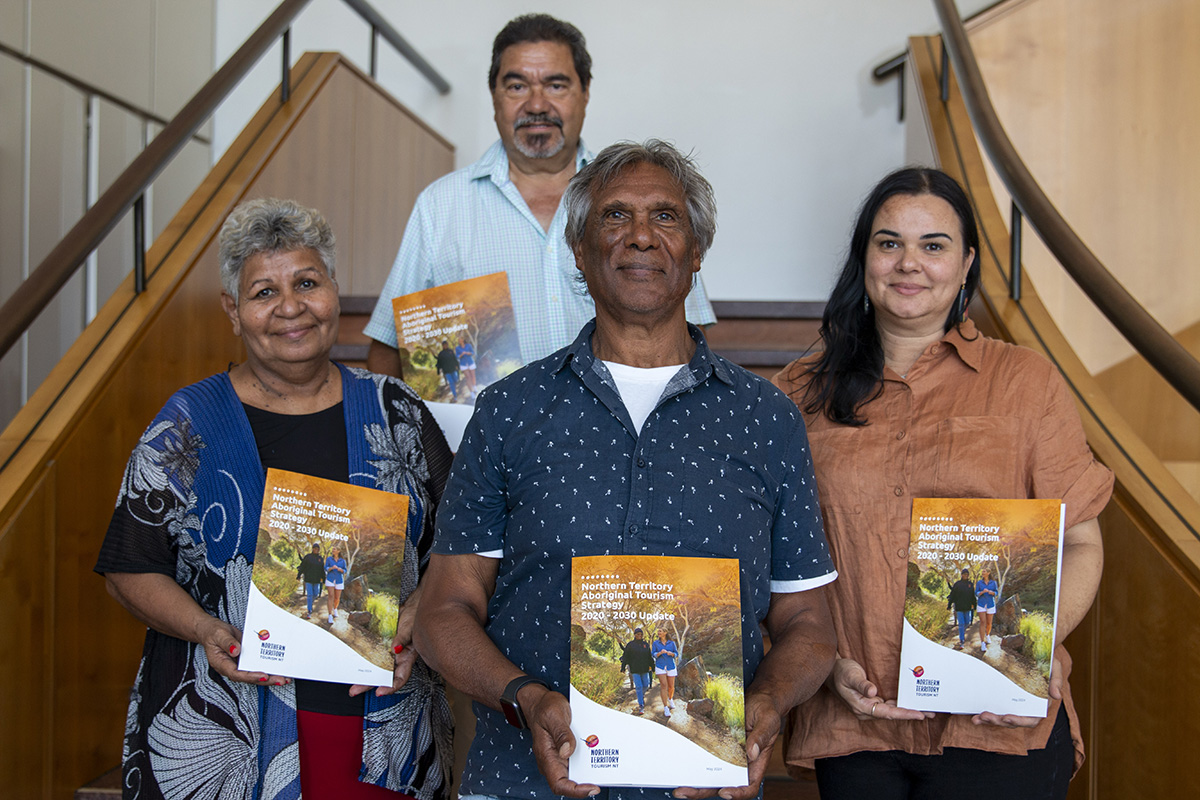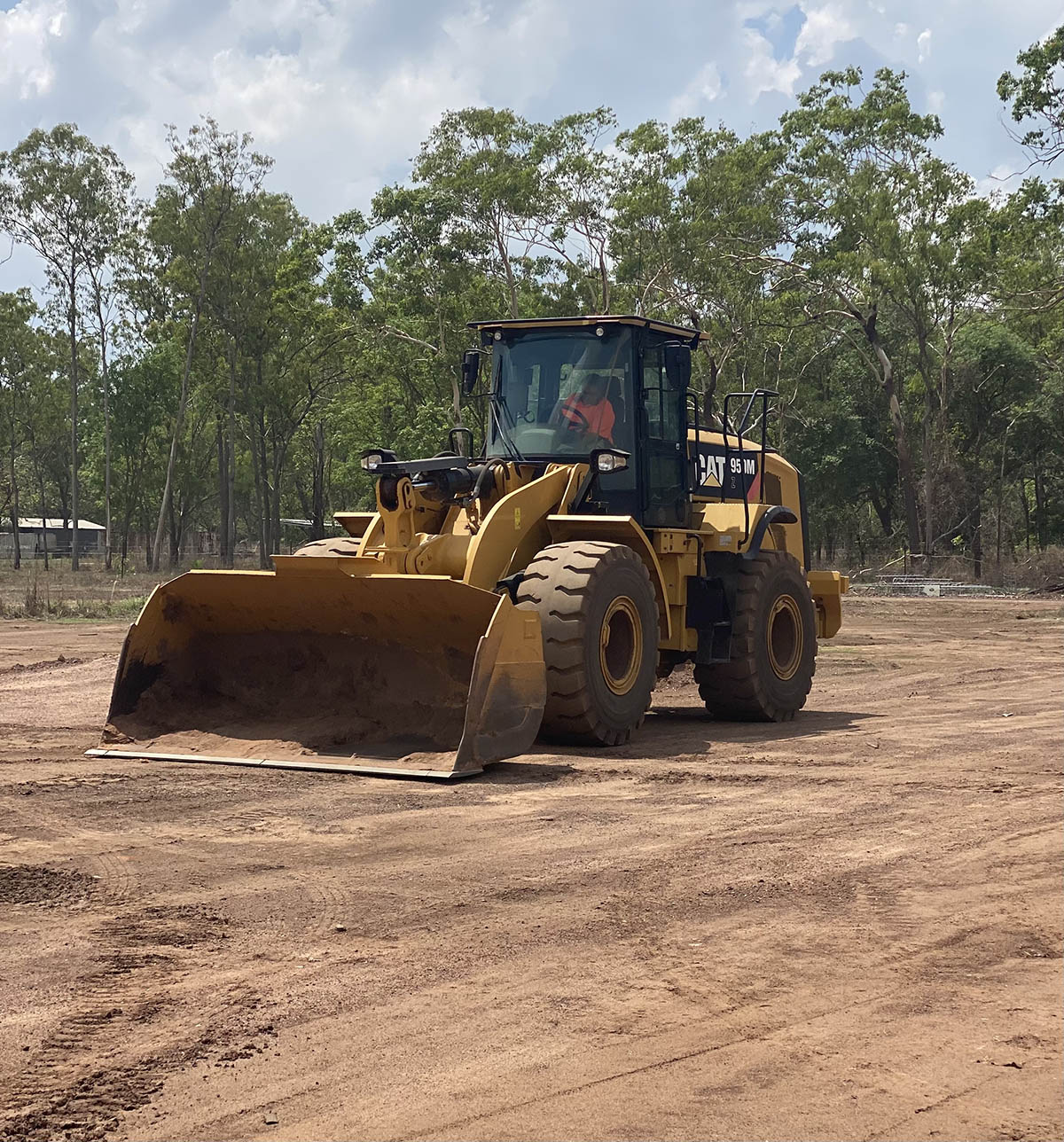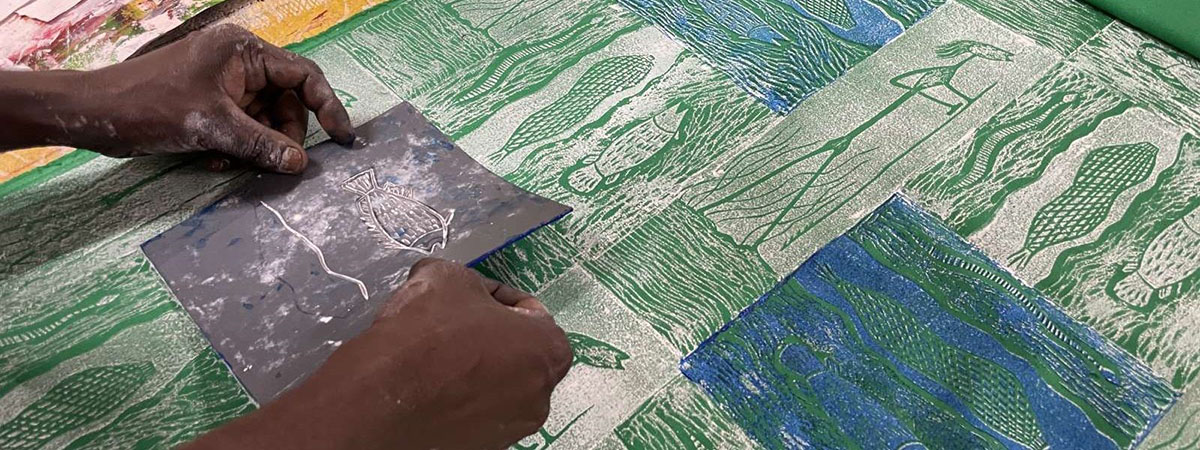Business bulletin: 6 June 2024
Reduce waste and save

Businesses can now access support to reduce their waste and save money through the Territory Government’s Sustainable Business Solutions (SuBS) grant program.
SuBS is a grant program designed to incentivise businesses to adopt alternatives to waste disposal and help the Territory transition towards a circular economy.
Grants of between $1,000 and $20,000 are available on a co-contribution basis to purchase equipment or technology for businesses to reduce their waste and improve recycling outcomes.
Eligible equipment or technology includes those that avoid or prevent waste being generated on site or reuses waste on site and facilitates recycling. This may include cardboard perforators, commercial worm farms or food waste monitoring equipment.
SuBS is open to Territory businesses, Aboriginal enterprises and not-for-profit organisations with a waste collection service at a business premise in the Territory.
Prior to applying, businesses must undertake a waste assessment using the New South Wales Bin Trim App.
Bin Trim App will provide a customised Action Plan for the business which will include baseline waste data, low or no cost waste recycling opportunities and recommendations to purchase relevant equipment or technology.
Businesses are encouraged to organise an appointment with a Small Business Champion (SBC) to review the action plan and discus what equipment and technology may be eligible for funding under SuBS.
Businesses can schedule appointments with SBC by emailing SuBS.DITT@nt.gov.au.
Applications close on 30 June 2025 or, sooner if funding is fully allocated.
For further information and to apply visit the Northern Territory website.
Calling all Cafes – free trial reusable cup system

Territory cafes are encouraged to participate in a new trial to reduce single use plastics and offer reusable coffee cups to their customers.
The Territory Government in collaboration with THE GOOD GOOD WAY™ are enabling cafes to trial a reuse-system as an alternative to single-use takeaway cups and to reduce waste.
Businesses that join the trial will receive barista-designed, reusable coffee cups at no charge, along with comprehensive staff training and support for smooth implementation.
Customers can borrow these cups and lids for a $3 deposit, which is refundable upon return at any participating location.
This initiative not only reduces operational costs but also significantly lessens environmental impact by replacing single-use cups with reusable alternatives.
The system has demonstrated considerable success in minimizing waste and promoting sustainability.
Cafés and other food and beverage outlets in the Territory now have the opportunity to participate in a complimentary reusable cup program, supported by the Northern Territory Circular Economy Strategy 2022-2027.
This trial runs from June to July and aims to prevent 52,500 single use coffee cups and lids from going to landfill.
To register or find out more, contact Jonas Benedikt, Director, The Good Good Way on 0401 080 461, jonas@goodcup.au and The Good Good Way website.
Refreshed strategy sets new direction for Aboriginal tourism

This week, the refreshed Northern Territory Aboriginal Tourism Strategy 2020-2030 was launched.
Since its release in 2029 the strategy has guided the growth of the Aboriginal tourism sector which is estimated to have contributed $383 million into the Territory’s economy in 2021-2022 and supports an estimated 1,440 tourism jobs.
The refreshed strategy outlines a new vision to inspire visitors to connect through immersive tourism experiences that sustain future generations and a mission to support Aboriginal Territorians participating in the tourism sector to benefit economically, socially and culturally.
The strategy is backed by a $6 million investment by the Australian and Northern Territory Governments to deliver strategic Indigenous tourism projects.
Aboriginal Tourism Committee Chair, Paul Ah Chee said, 'The refreshed strategy ensures Aboriginal people are at the centre of our mission and vision. We want to ensure Aboriginal people own the Aboriginal tourism narrative in the Territory.'
'The three yearly review enables us to reflect on progress made to date and ensure the strategy is on track to achieve our new goals and priorities.'
To view the updates Northern Territory Aboriginal Tourism Strategy 2020-2030 and annual progress report cards head to the Northern Territory Tourism NT website.
Building a skilled workforce

An Aboriginal family set up a training company to make a significant difference to the lives of Indigenous people.
SJT Training Aboriginal Corporation, established by James, Stacey and Tiayana Sing in 2020, has many runs on the board.
For instance, it used an Aboriginal Responsive Skilling grant from the Northern Territory Government to train 10 Aboriginal Territorians - 8 men and 2 women - in the operation of heavy plant and equipment.
Six secured employment in civil construction, while the 3 previously employed advanced from labouring to operating equipment.
One student, Lucille Brogan, went on to pass her HR licence after the intensive SJT course and recently gained a job with NT Recycling Solutions to be trained as a waste truck driver.
Another student, Christopher Roe, secured a job at Nathan River Mine and returned to SJT Training to get his MOXY ticket, which allows him to operate an articulated haul truck.
Stacey Sing says the SJT program was a great success.
The program was delivered by Aboriginal trainers on country to Aboriginal students on practical civil construction projects in real-life scenarios.
Most of the students progressed from being unemployed to job ready.
The course also increased the number of women taking up non-traditional trades, such as civil construction.
And it aligned with the National Skills Agreement, which supports development of regional and remote communities.
SJT Training has big plans, including setting up a training centre, which will include accommodation for students from remote communities.
'The training programs will focus on in-depth simulated construction activities, comprehensive safety practices, and real-world operational techniques,' says Mrs Sing.
Her husband James drove the founding of SJT after identifying a critical gap in the qualifications and practical abilities of operators handling heavy plant and equipment.
'Many operators, particularly indigenous operators, held certifications that did not adequately reflect their actual skills and experience,' he says.
In addition to Northern Territory Government funded programs, SJT Training provides Fee for Service training for all heavy plant machinery, high risk licences, and white card.
To find out more about the Aboriginal Responsive Skilling grant or other Northern Territory Government training initiatives visit the Workforce Territory website.
Babbarra Women’s Centre Artists to Exhibit Work in India

A group of Territory artists from West Arnhem Land will showcase ancestral stories through textiles at the Bangalore International Centre Exhibition in October 2024, in collaboration with local designers from Tharangini Studio.
This is the second time artists from Babbarra Women’s Centre will travel to India, after exhibiting at the Indian Museum in Kolkata last year.
During their 2023 visit, a partnership with Bangalore-based Tharangini Studio was established to explore synergies in their respective printing techniques.
Since the 1980s, Babbarra Women’s Centre artists have been creating printed textiles from linocut designs. Designers from Tharangini Studio have helped translate these works to woodblocks, after discovering a shared connection with lands and culture.
The exhibition will feature the outputs of this collaboration, including a new set of woodblocks and printed textiles. The four artists travelling to India are Cindy Rostron, Rosanna Bonson, Abigail Gurawiliwili, and Raylene Bonson. After India, the exhibition will travel through India in 2024 and make its way to the Top End in 2025.
Supporting the growth of First Nations textile designers is part of the Northern Territory Government’s ambition to achieve a $40 billion economy by 2030. Key strategies include increasing the value and diversity of export products, growing foreign direct investment (FDI), and strengthening international engagement in priority markets, including India.
Part of the Bawinanga Aboriginal Corporation, the Babbarra Women’s Centre supports the meaningful engagement and livelihoods of women in Maningrida and their homelands through social and business enterprises, including the design and production of hand-printed fabric.
To date, the artists have created designs that have been applied to contemporary fashion and homewares both in Australia and around the world. Recently, a major collaboration was announced with sustainable accessories brand Helen Kaminski.
To learn more, visit the Babbarra Women’s Centre website and Tharangini Studio website.
Give feedback about this page.
Share this page:
URL copied!